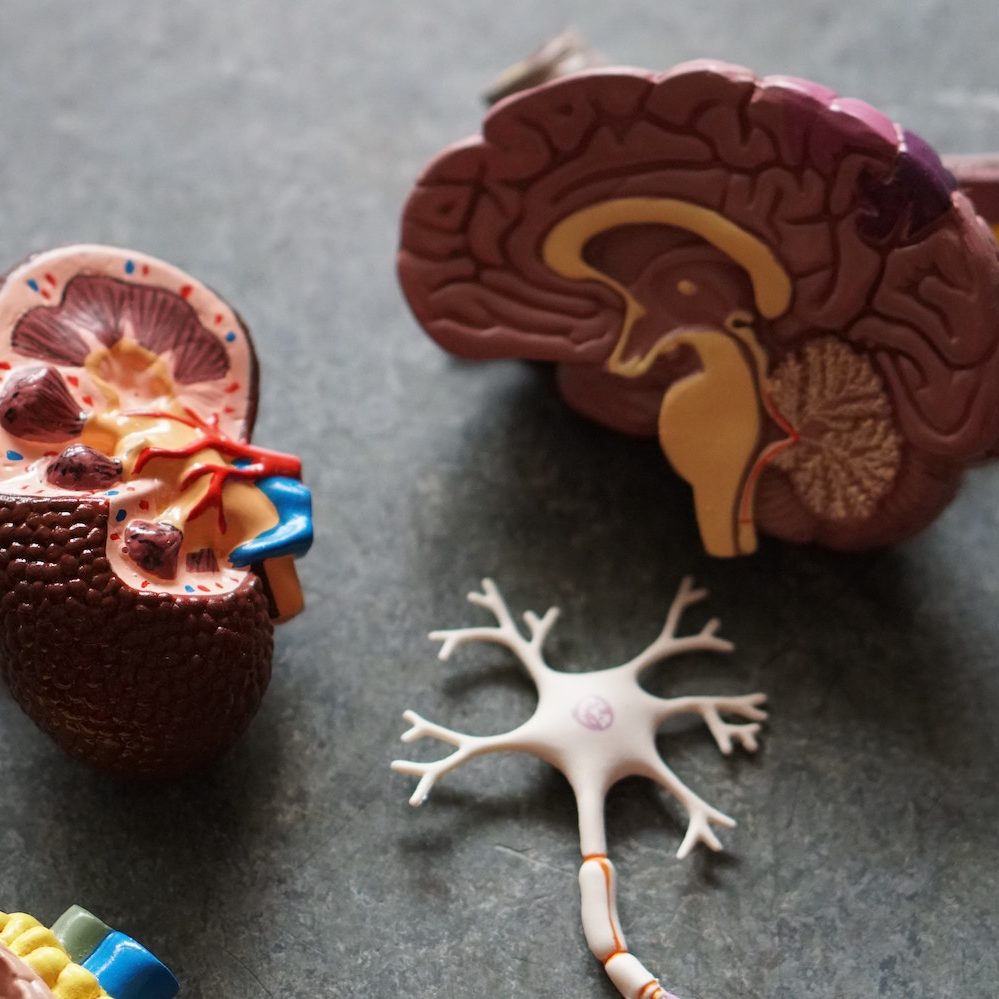Category
Paul Bourke LecturesDespite the immense processing power of the human brain, severe ‘bottlenecks’ of information processing are revealed when individuals attempt to perform two, even simple, tasks concurrently – that is, multitasking. Under such conditions, performance of one or both tasks is impaired relative to when the tasks are performed in isolation. This performance impairment is exacerbated as humans age and in many psychiatric and neurological conditions. It is thus vital to understand how these multitasking limitations arise and how they can be alleviated. It has previously been shown that multitasking limitations can be drastically reduced with cognitive training. However, the neural basis for these training effects has not been elucidated.
In this lecture Dr. Dux will present behavioural, brain imaging and brain stimulation data which shows that a network of frontal brain regions (including posterior lateral prefrontal cortex, superior medial frontal cortex, and bilateral insula) is associated with capacity limits in perception and decision making. He will also provide evidence that training can reduce multitasking impairments by increasing the processing efficiency of the posterior lateral prefrontal cortex rather than by funneling information away from this bottleneck region.
Some links to relevant papers from the talk:
http://www.cell.com/neuron/abstract/S0896-6273(06)00903-2
http://www.cell.com/neuron/abstract/S0896-6273(09)00458-9?switch=standard



